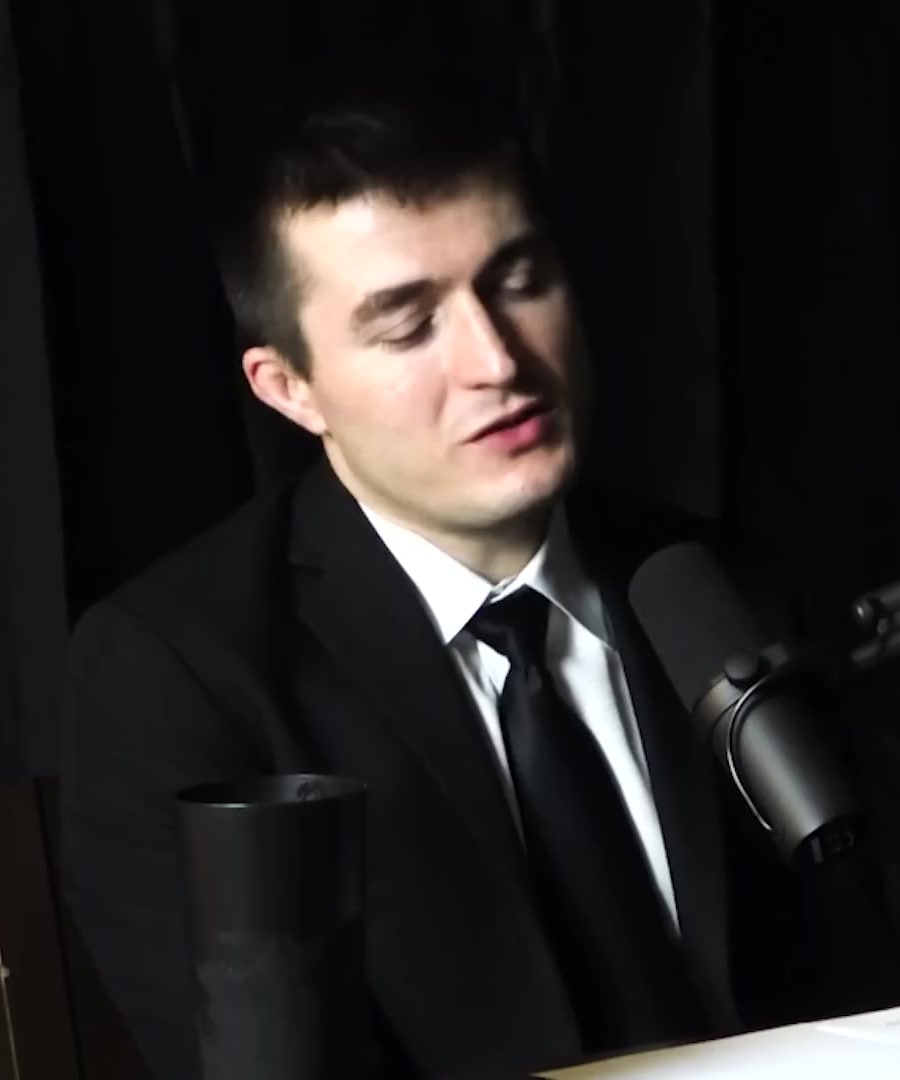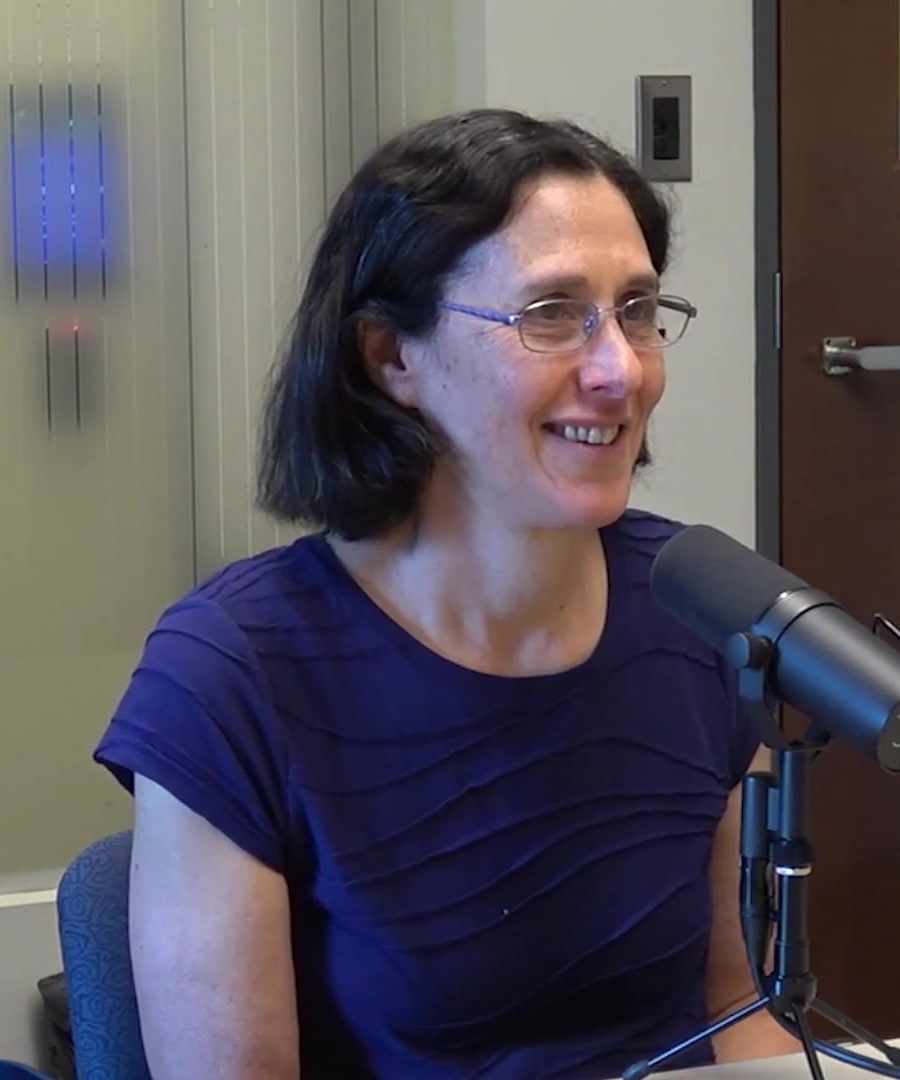Turing Machines
Sources:
A Turing machine is a fundamental model of computation in computer science, central to understanding the limits and capabilities of what can be computed.
Core Concepts
- Model of Computation: A Turing machine consists of an infinitely long tape, divided into cells, with a tape head that can move left and right, read, write, and change states. It can perform any calculation through a set of instructions called algorithms 1.
- Purpose: Its primary purpose is to perform computations based on a sequence of predefined steps. It underpins complexity theory and is useful in proving what can and cannot be computed 1.
Significance in Computer Science
- Abstraction: The Turing machine serves as an abstract model for all modern computing devices. Despite being a theoretical construct, its simplicity allows it to represent any computation that can be performed by today's computers 2.
- Proving Limitation and Possibility: If a problem cannot be solved by a Turing machine, it implies no other computational model can solve it either. It sets a fundamental ceiling for computational theory 1.
Practical and Theoretical Applications
- Computable Problems: Anything that is intuitively computable can be done by a Turing machine. For example, solving sudoku puzzles is computable by such a machine 2.
- Theoretical Explorations: In principle, a Turing machine models the efficacy of algorithms. For example, Cal Newport discusses Alan Turing’s concept where a Turing machine can implement any effective procedure or algorithm to solve math problems 3.
Limitations and Critiques
- Physical Constraints: The practical limitations of Turing machines are significant. Real-world computers do not possess the infinite resources or time assumed in theoretical models, making some abstract capabilities infeasible in reality 4.
- Philosophical Debate: There's ongoing debate about whether new computational paradigms are needed to understand intelligence and consciousness fully. Some argue that Turing machines, governed by discrete states, may not encapsulate every aspect of continuous natural phenomena like intelligence 5.
In summary, Turing machines are critical to understanding computational theory and the limits of algorithms. They offer a perfect abstraction of computation, but practical, philosophical, and real-world constraints often necessitate consideration beyond their theoretical framework.
RELATED QUESTIONS

